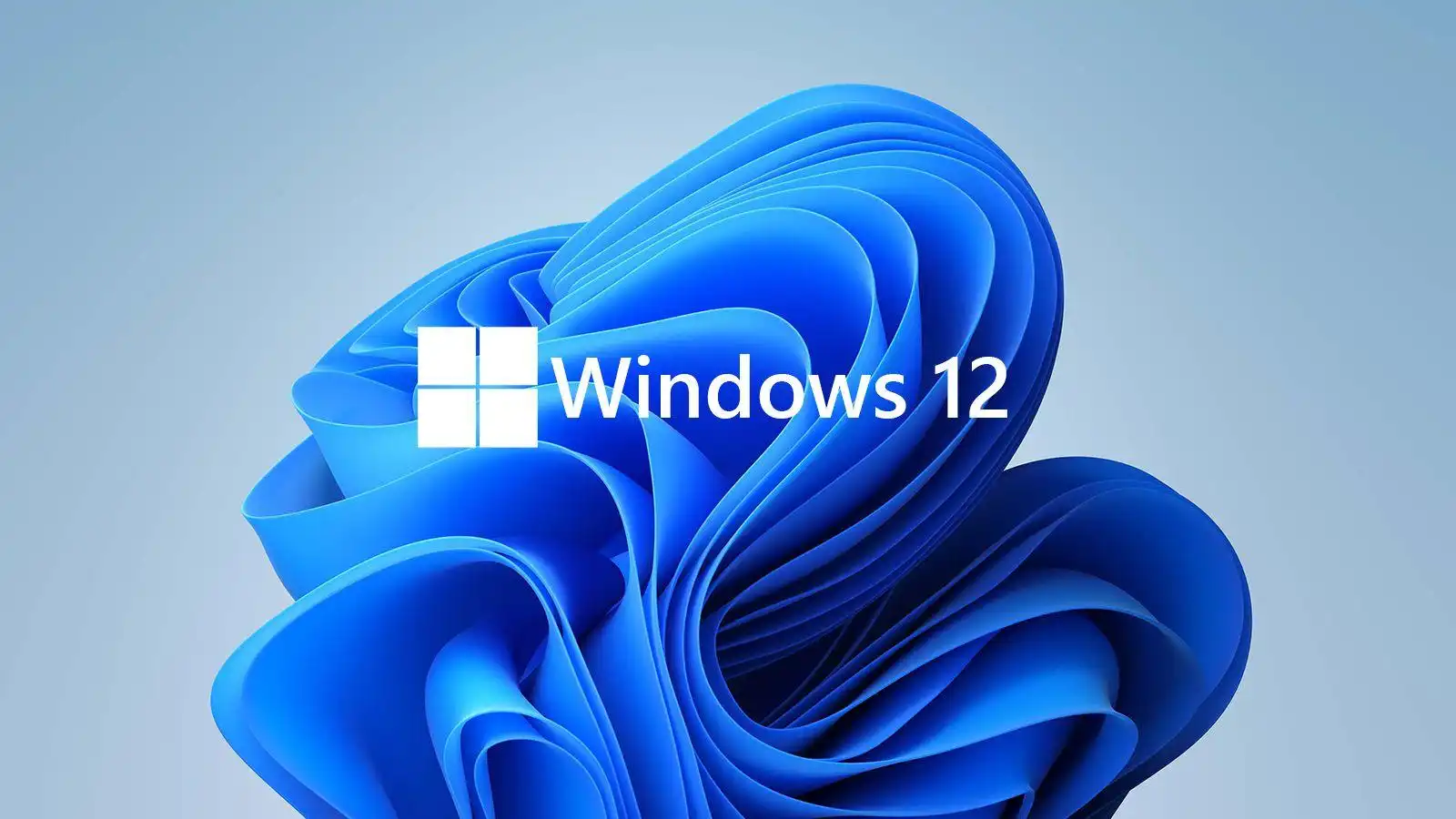The way we update Windows is about to change, and it might spell the end of major Windows releases like Windows 12. In a surprising move, Microsoft has announced a revamped update strategy for its flagship operating system, focusing on annual major feature updates and more frequent, smaller releases called “Moments.” This shift marks a significant departure from the traditional approach of releasing major Windows versions every few years and suggests a potential future where Windows 11 becomes the long-term platform for innovation and development.
Key Highlights:
- Microsoft is switching gears with its Windows update strategy, focusing on annual major feature updates and smaller, more frequent “Moment” releases.
- This shift suggests a potential move away from traditional major Windows releases like Windows 12.
- While Microsoft hasn’t officially confirmed the cancellation of Windows 12, recent actions and statements point towards a longer lifespan for Windows 11.
- Windows 11 is set to receive Moment updates throughout 2024, bringing new features and enhancements on a more regular basis.

While Microsoft hasn’t officially commented on the fate of Windows 12, several factors point towards a longer lifespan for Windows 11. First, the new update cadence provides a constant stream of new features and improvements, arguably negating the need for a major overhaul. Additionally, Microsoft has invested heavily in Windows 11, making it a more robust and feature-rich platform than its predecessors. Furthermore, the company has publicly committed to supporting Windows 11 until October 14, 2025, indicating a long-term vision for the platform.
What Does This Mean for Users?
For users, this new update strategy means more frequent access to new features and functionalities. Instead of waiting for major releases every few years, users will receive smaller updates throughout the year, ensuring their systems stay up-to-date and benefit from the latest advancements. This shift also promises a more stable and consistent experience, as major updates can sometimes introduce bugs and compatibility issues.
Looking Ahead
While the future of Windows 12 remains uncertain, one thing is clear: Microsoft is committed to continuously improving and evolving Windows 11. With its new update strategy, the company aims to provide a more seamless and efficient way for users to access the latest features and functionalities. This shift also marks a significant change in Microsoft’s development approach, prioritizing continuous improvement over major overhauls. Whether this signifies the end of major Windows releases or simply an evolution of the update strategy remains to be seen, but one thing is certain: Windows 11 is poised to be the platform for innovation and development for years to come.



























